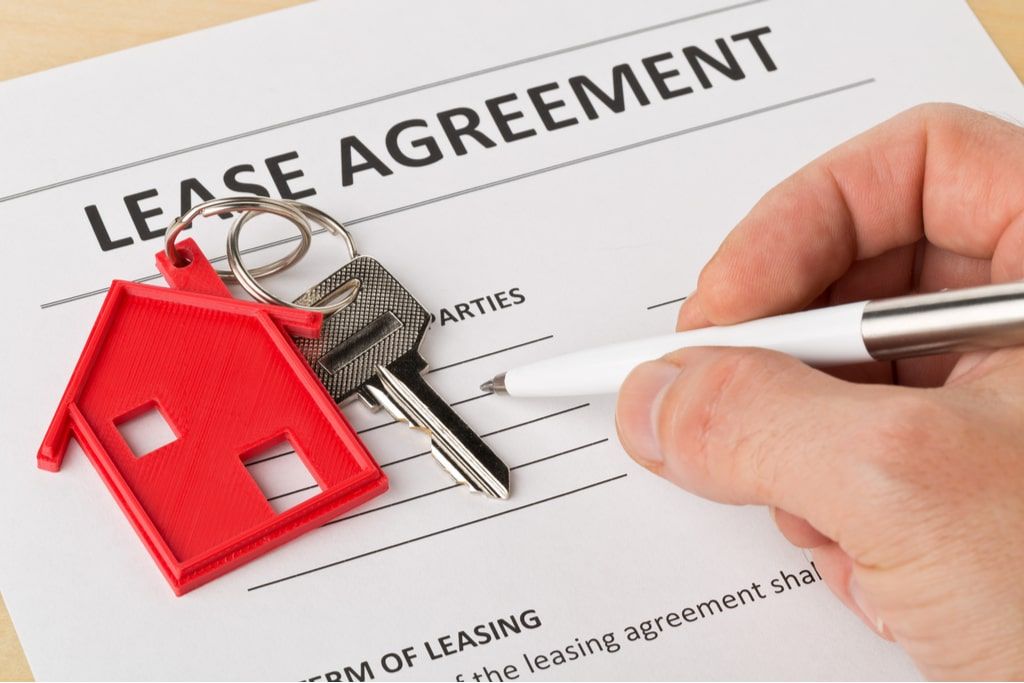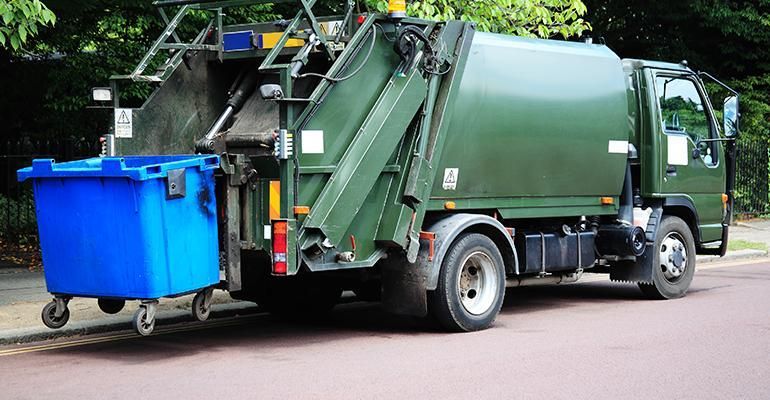



If you own a building with 5 or more units, you are required to have a private company haul away your garbage. There are so many companies to choose from and while they all kind of suck, there are certain things to know so that you are protected and have control of your account. If you are working with the larger national haulers such as Waste Management (now simply WM) or Republic Services, do you look at your bill every month? You should. We routinely find that for a contract that when signed, monthly service fee was $250, now 9 months later you find that the monthly charge (before added fees) is $700. Fee creep with many of these companies is unconscionable. They will always lower the fee when you call but to do so, you are required to renew your contract with them for an additional 2 to 3 years. Which leads to the next big problem, they write their contracts so that they automatically renew. When you sign a contract with these services, always insist that they DO NOT automatically renew. This will at least allow you to terminate a contract at any time (maybe with a 30 day notice). If you find fee creep, I recommend switching services. In Chicago, we find PWD and Chicago Disposal to be among the most flexible haulers to work with.
In a recent property management assignment, we found that a 42 unit building received a bill for $2,800 for one month of service. $460 of this was “extra pick up” This still left the monthly service at a staggering $2,400. Upon discussion, WM was willing to reduce the following months to $900. Both Chicago Disposal and WPD were around $500. Also the latter two services did not require a contract. The new contract will save the owner over $20,000. The bottom line, pay attention to services such as garbage hauling which if left on autopay can result in huge and unnecessary costs.
If you are on the north side of Chicago and looking for better property management solutions, please contact Drexel Properties for a consultation.



